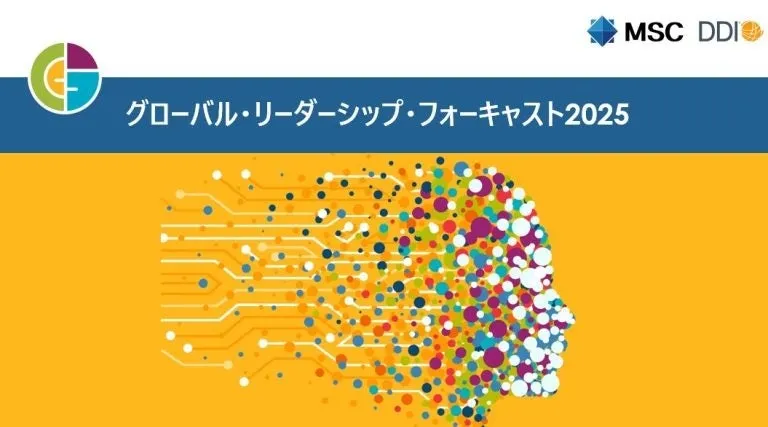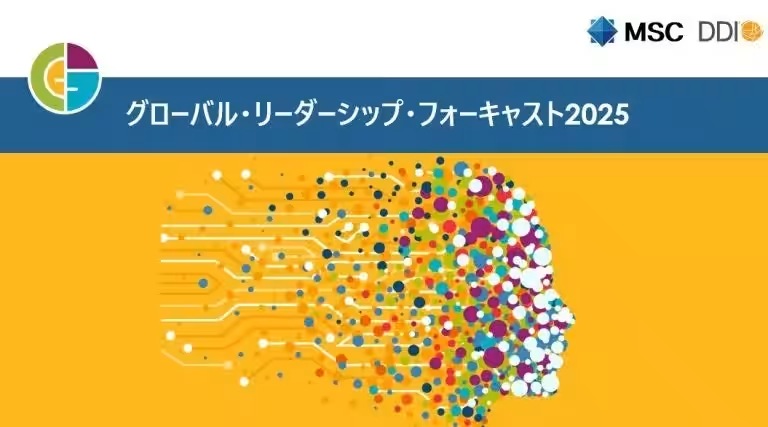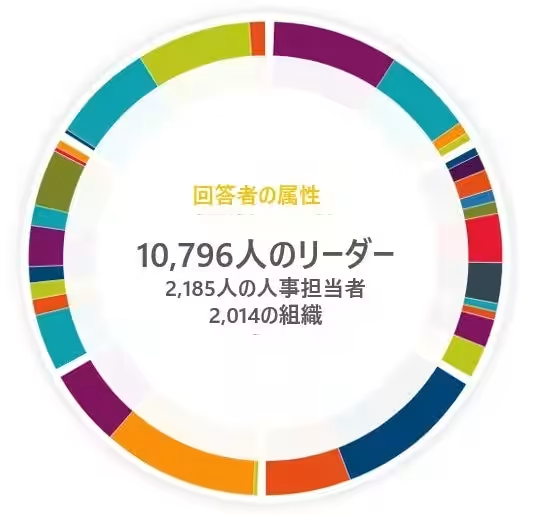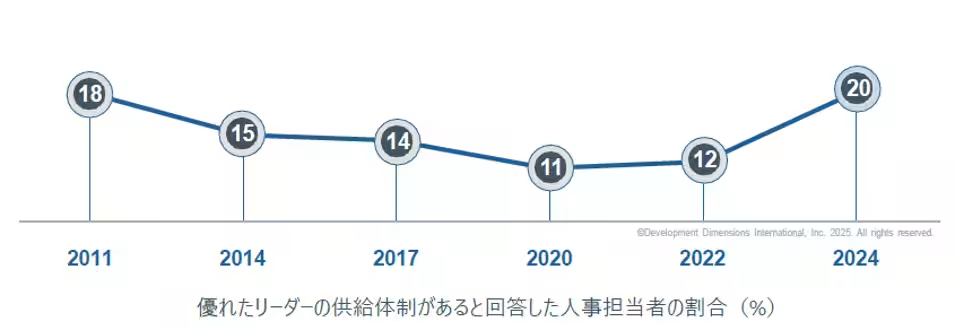

Exploring the Insights from the Global Leadership Forecast 2025 Report
Understanding the Global Leadership Forecast 2025
The Management Services Center, headquartered in Chiyoda, Tokyo, has published the Global Leadership Forecast 2025 in collaboration with its partner firm, DDI (Development Dimensions International, Inc.). This robust report draws on extensive surveys conducted across 50 countries, engaging more than 10,000 leaders and HR professionals from over 2,000 organizations, providing crucial insights into the future landscape of leadership.
The Evolution of Leadership
In today's rapidly changing environment, leadership is facing a pivotal shift. The advancement of AI, the increasing complexity of social issues, and heightened expectations from individuals are all contributing to the necessity for leaders to adapt. The report underscores the growing demands for agility and a more human-centric approach in leadership roles, essential traits for navigating the current landscape.
Key Findings of the Report
The Dilemma: Talent Development versus Cost-Cutting
CEOs currently grapple with the challenge of balancing staff development with budget constraints. This intriguing conflict requires careful consideration to ensure organizational growth and employee engagement remains intact.
Trust in Leadership and the Impact of AI
A crucial benchmark for successful AI implementation is the level of confidence in the leadership team. Report findings reveal an alarming trend: trust towards leadership is shaky, influencing the effectiveness of strategic initiatives.
The Disconnect of Young Leaders
Younger leaders appear to be increasingly disengaged, a trend attributed to a weakening sense of purpose. Organizations must therefore reassess their engagement strategies to retain emerging talent.
Signs of Recovery in Talent Supply
After a period of uncertainty, there are encouraging indications of recovery in the talent supply, suggesting that organizations can once again invest in leadership development.
Erosion of Trust Towards Leaders
The document highlights a growing crisis of confidence in leaders, indicating that many organizations still struggle to instill trust amongst their ranks, a vital component for successful leadership.
The Skills Gap Threatens Future Success
An observed lag in skill acquisition may jeopardize the future of organizations. Embracing the latest strategies in leadership training is critical for continued progress and development.
Data Insights into Required Leadership Qualities in the New Era
The report presents several striking statistics:
- - Trust in direct supervisors has plummeted from 46% in 2022 to a projected 29% by 2024, while trust in executive leaders remains dishearteningly at 32%.
- - Concerns regarding AI adoption are threefold among junior to mid-level management compared to their executives, revealing a stark difference in perspective.
- - Perceptions of strong leadership pipelines have declined, with HR professionals reporting a drop from 18% in 2011 to 11% in 2020, though a recovery to 20% is anticipated by 2024.
The aftermath of the pandemic has catalyzed a shift from a crisis response model to a strategic development framework. However, a striking 80% of organizations still lack confidence in their leadership pipelines, emphasizing the vital need to view leadership development as a strategic imperative, not just an HR concern.
Conclusion
The Global Leadership Forecast 2025 reflects a comprehensive framework for understanding leadership dynamics in a rapidly evolving world. Organizations must proactively adapt to these findings to enhance their leadership capacity and ensure sustainable growth.
For further insights into leadership development, check out the related resources:
About the Management Services Center
Since its inception in 1966, the Management Services Center (MSC) harnesses scientific methodologies to support organizations in aligning their human resource strategies with management goals, aiding in the recruitment, assessment, and development from entry-level leaders to senior executives. With over 50 years of partnership with DDI, MSC delivers global services across more than 90 countries in multiple languages.
Contact Information
- - Department: Strategic Marketing Division, Management Services Center
- - Tel: 03-6266-5950
- - Email: [email protected]
- - Contact Form



Topics People & Culture)










【About Using Articles】
You can freely use the title and article content by linking to the page where the article is posted.
※ Images cannot be used.
【About Links】
Links are free to use.